Meet Mami Wata, the surf brand harnessing West African folklore
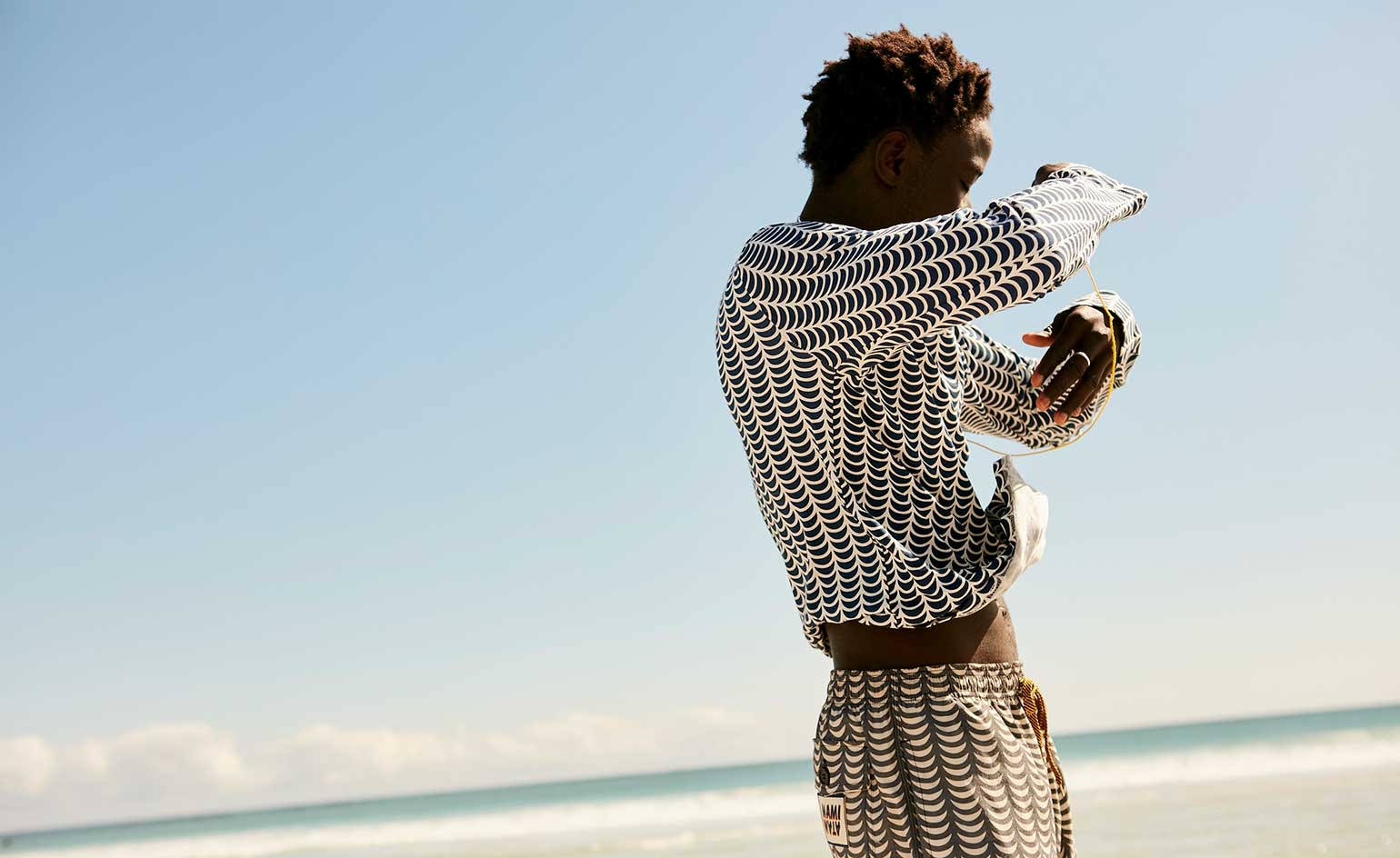
West African folklore dictates that if Mami Wata, the beautiful and dangerous water deity protecting those who ply their trade on the oceans, takes you for her lover – without drowning first – you return to land better looking, and more successful. The ultimate origin story for a brand dedicated to the seductive power of African surf.
Founded by CEO Nick Dutton, creative director and artist Peet Pienaar, and writer Andy Davis – the enviably titled Chief Surf Officer, Mami Wata is the first surf label out of Africa that is proudly African. A lifestyle startup exploring the continent’s complex craft history to distance local beach culture from its elitist image.
‘We needed to create something for people from all cultural and racial backgrounds,’ explains Pienaar. ‘And it had to stand out. Other surf brands all looked the same.’ They started by decoding African design, specifically the images and language used in the graphic textiles common to every region.
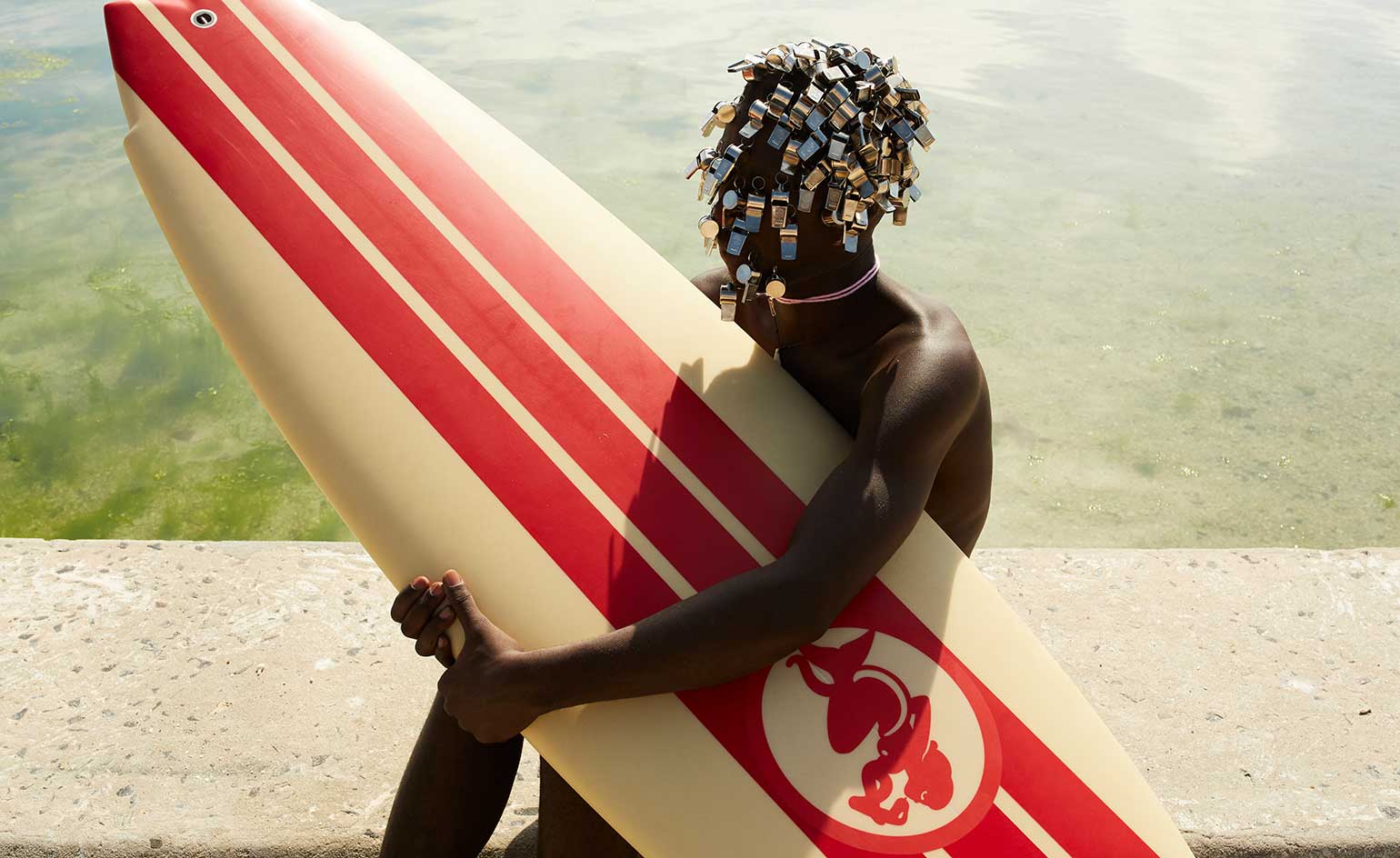
Mami Wata S/S 2019
Traditional wax print and Vlisco fabrics have a deep-rooted relevance that extends as far as politics, yet come from Indonesia, Holland and lately China. It is the messaging layered onto them that defines their African-ness, so Mami Wata work with that.
‘Say we make a boardshort inspired by a newly discovered wave in Angola. I’ll research the colour and shapes of local designs, then jokes and sayings in the area, and evolve a unique print from there. Copying wholesale would just be cultural appropriation.’
Manufacturing on a small scale with ethical factories, and sustainable raw materials, in Africa, means Mami Wata can’t compete on a technical level yet with the likes of Rip Curl. But it only forces them to improvise and innovate. ‘People have surfed in quality, no-nonsense shorts since the 1950s,’ says Davis. ‘That’s our thing, not chasing gimmicks.’
Meanwhile, their grass-roots support for local surfers, creative talent and organisations bringing surf therapy to at-risk young people – from South Africa to Liberia, contributes to writing an alternative story about this youthful continent destined to be a design focus of the future. Davis can sense it, ‘this is where attention will shift.’
‘The exciting truth is that there is so much happening here we want to share. Africa is naturally associated with human fears, but we don’t want people thinking dangerous and scary; we want them to think love and enjoyment. Because those things are far more abundant here than fear.’
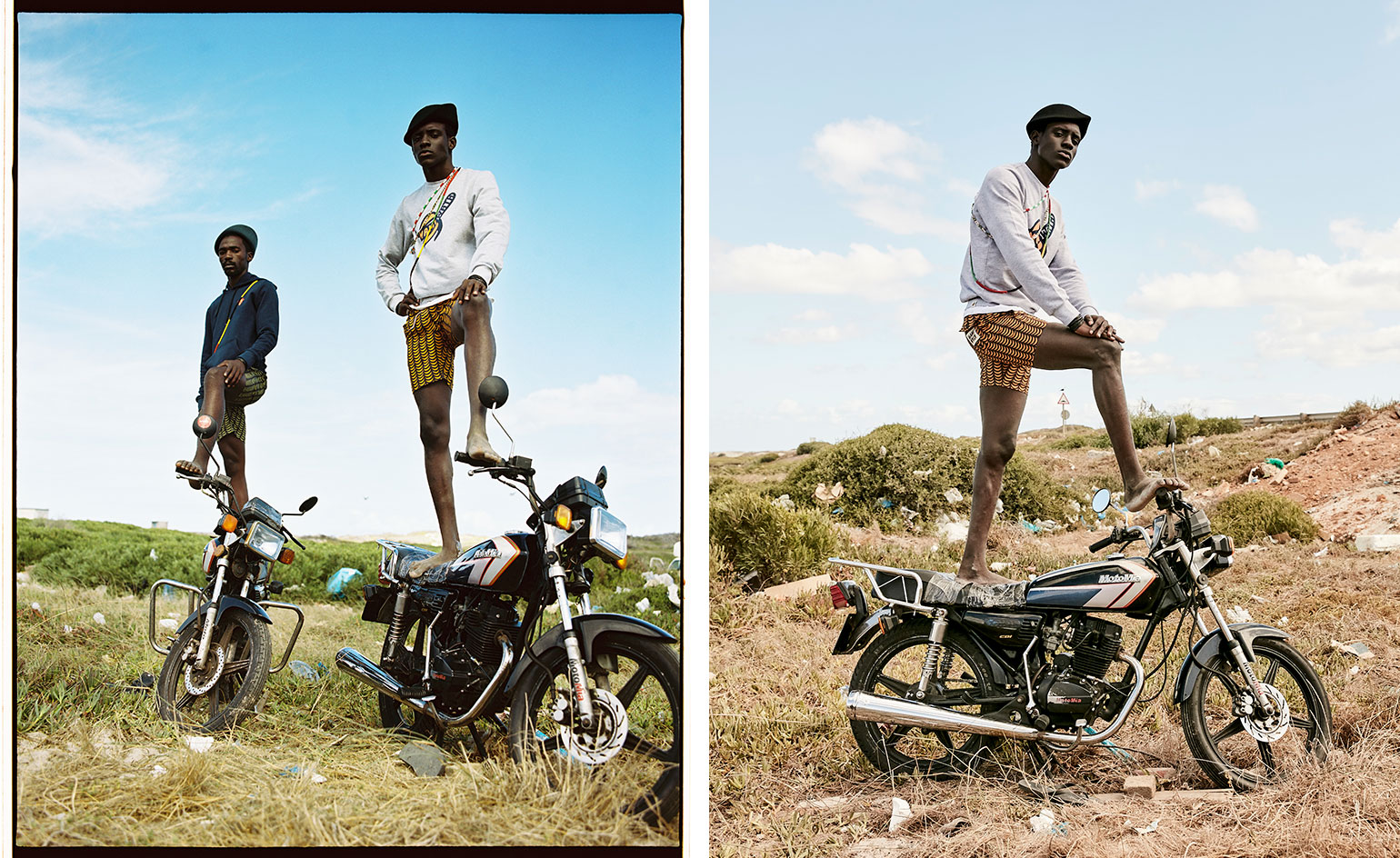
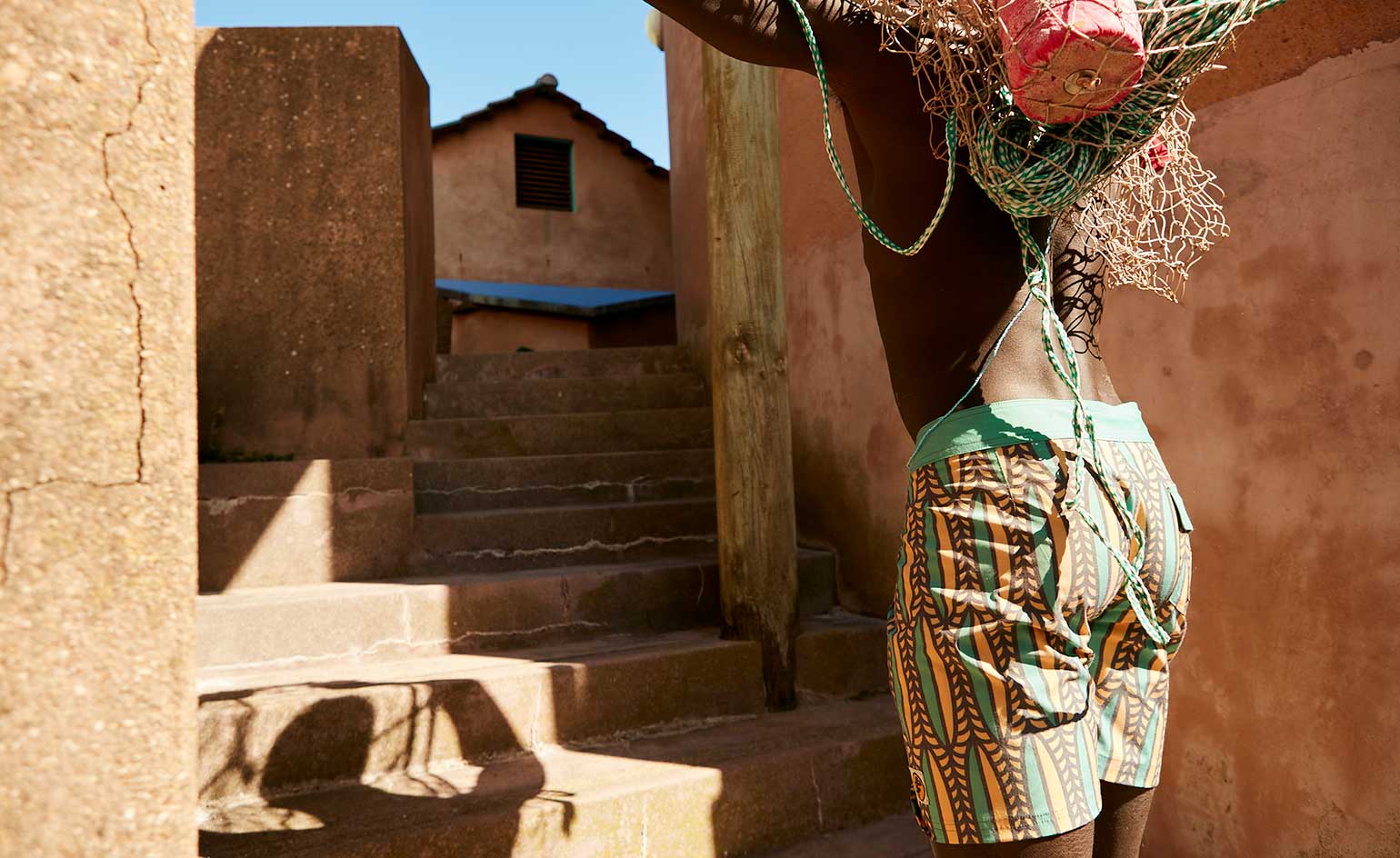
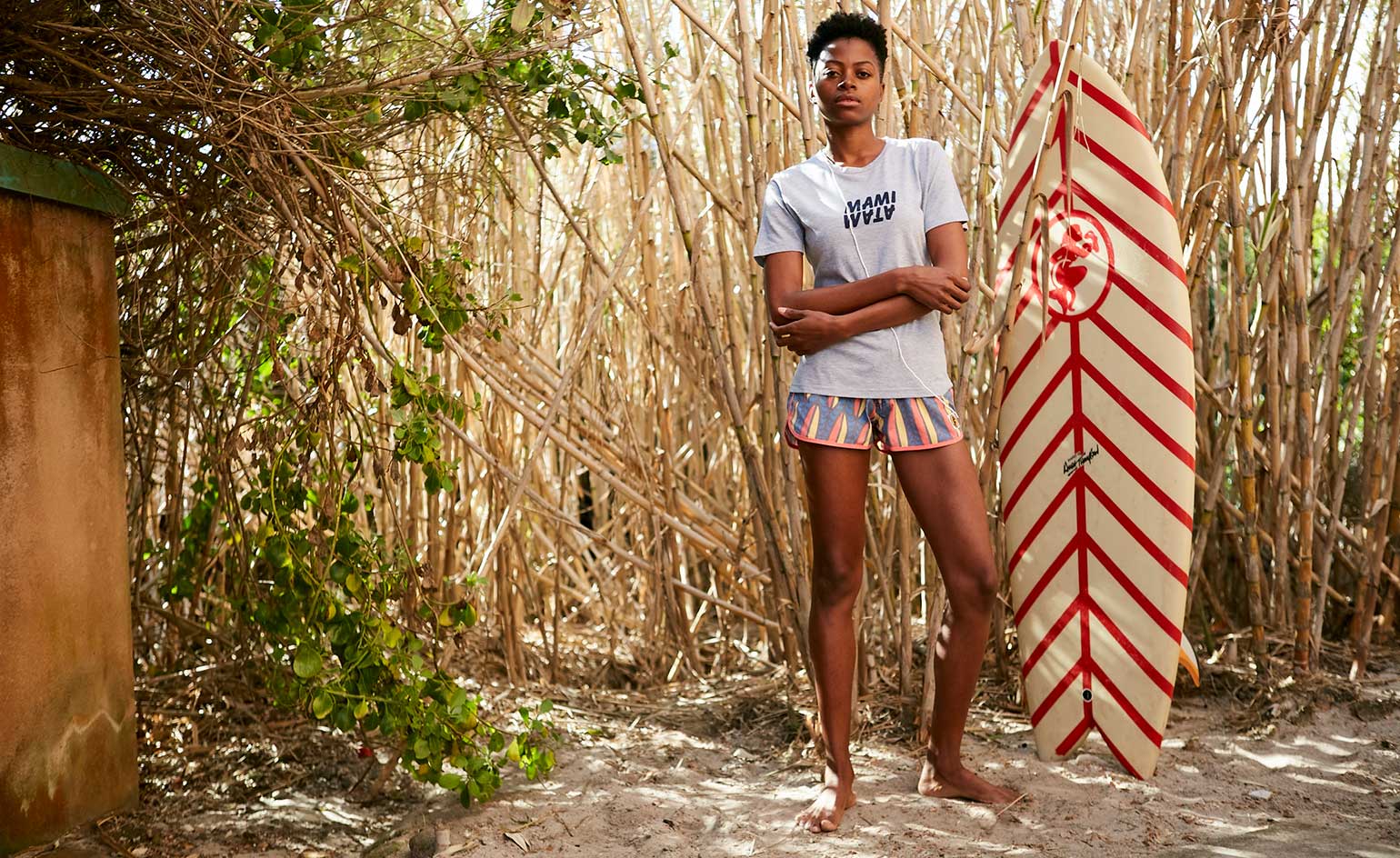
INFORMATION
For more information, visit the Mami Wata website
Wallpaper* Newsletter
Receive our daily digest of inspiration, escapism and design stories from around the world direct to your inbox.
Ben Purdue is a writer, editor and creative director with over 20 years experience and has contributed fashion, arts and culture content to The Face, 032c, AnOther, Another Man, Arena Homme+, GQ Style, LOVE, Pop and Wallpaper*. He has worked as a fashion consultant for contemporary brands, and founded his own jewellery label. Ben currently leads copy and editorial across a range of fashion and luxury projects at Spring Studios, from creating coffee table books to film scripts and everything in between.
-
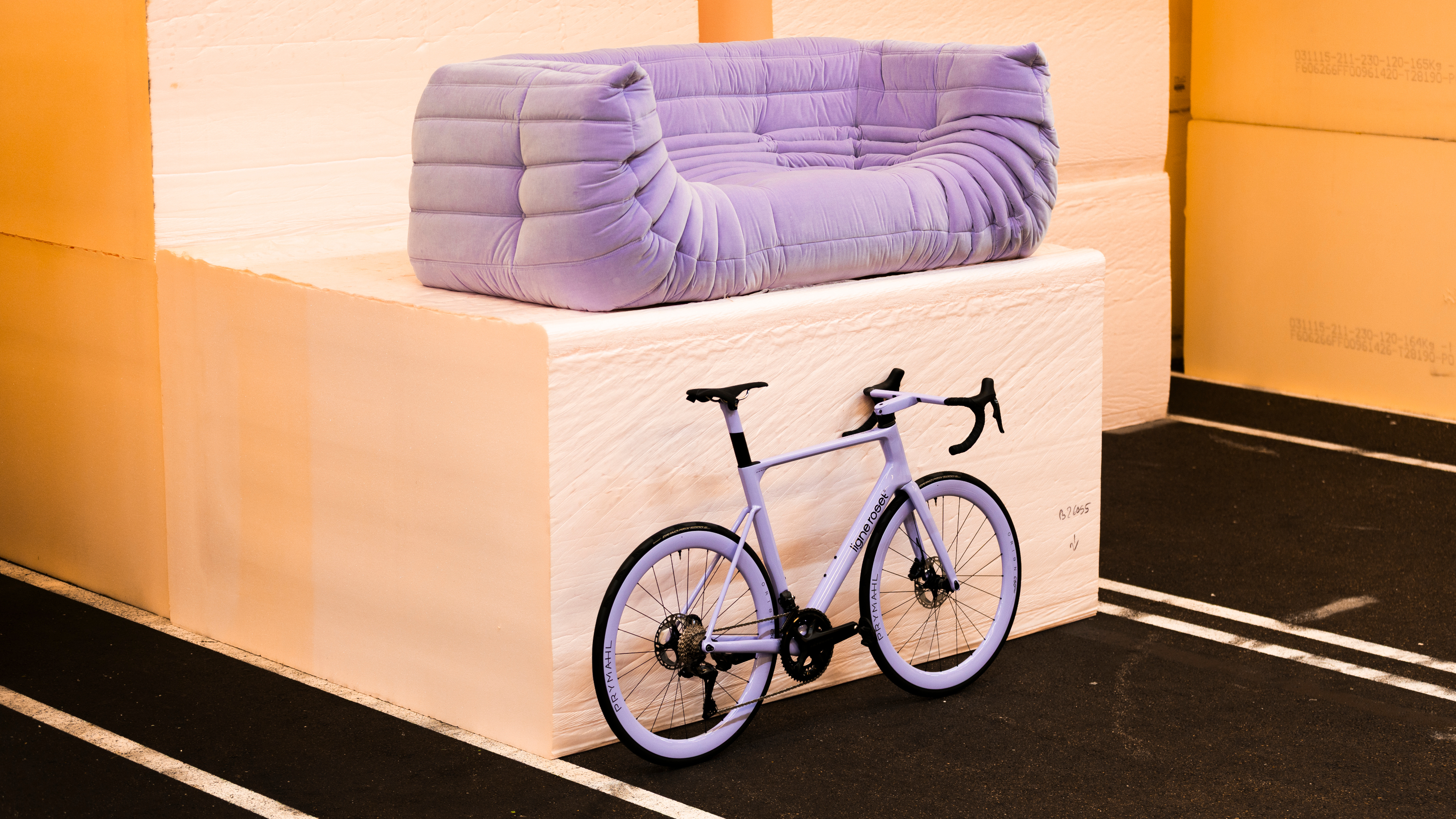 Ligne Roset teams up with Origine to create an ultra-limited-edition bike
Ligne Roset teams up with Origine to create an ultra-limited-edition bikeThe Ligne Roset x Origine bike marks the first venture from this collaboration between two major French manufacturers, each a leader in its field
By Jonathan Bell
-
 The Subaru Forester is the definition of unpretentious automotive design
The Subaru Forester is the definition of unpretentious automotive designIt’s not exactly king of the crossovers, but the Subaru Forester e-Boxer is reliable, practical and great for keeping a low profile
By Jonathan Bell
-
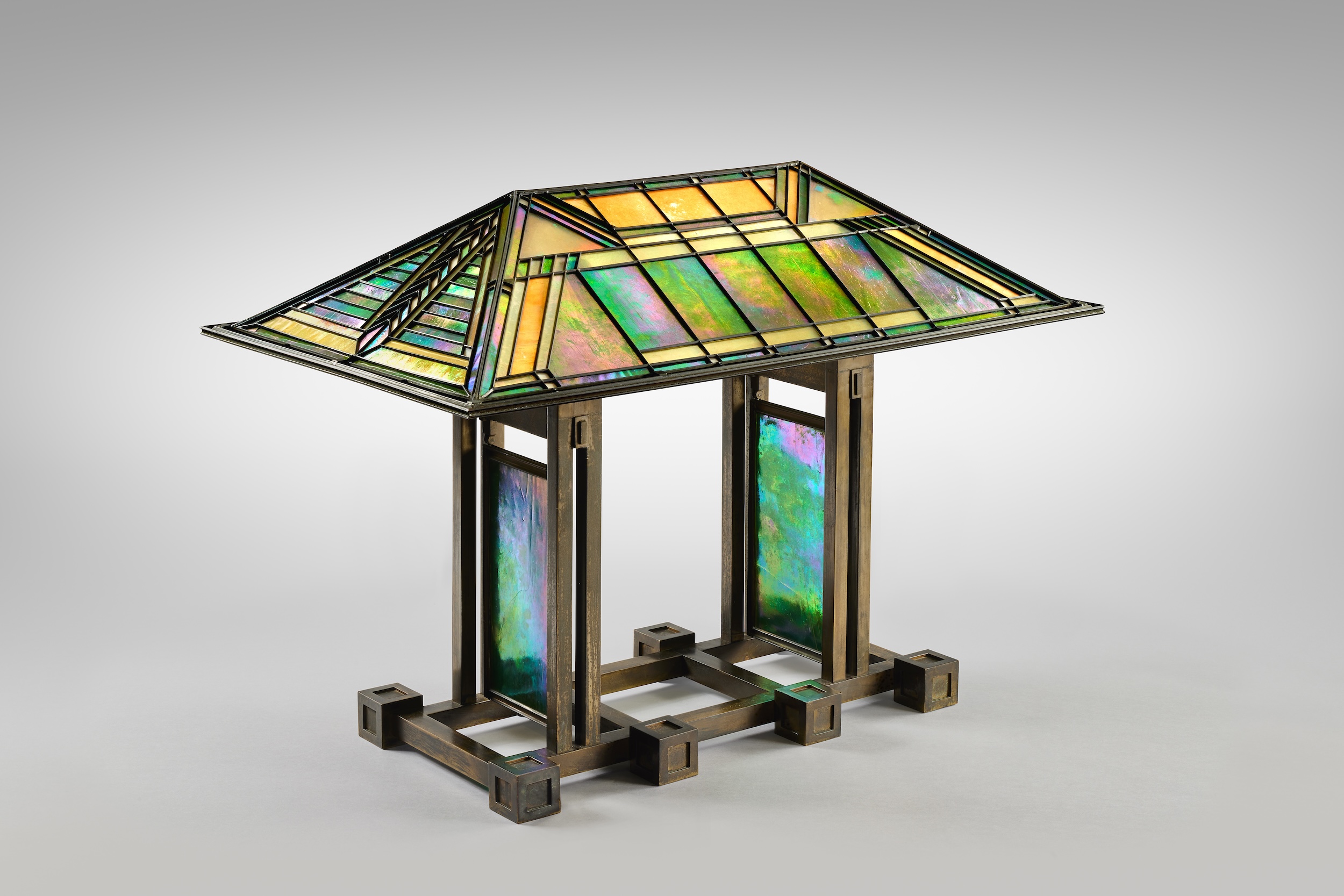 Sotheby’s is auctioning a rare Frank Lloyd Wright lamp – and it could fetch $5 million
Sotheby’s is auctioning a rare Frank Lloyd Wright lamp – and it could fetch $5 millionThe architect's ‘Double-Pedestal’ lamp, which was designed for the Dana House in 1903, is hitting the auction block 13 May at Sotheby's.
By Anna Solomon